
Opinions
12:20, 04-Sep-2018
CGTN-SABC Special: What does FOCAC mean to China-Africa industrial revolution?
Updated
12:00, 07-Sep-2018
By CGTN's Dialogue
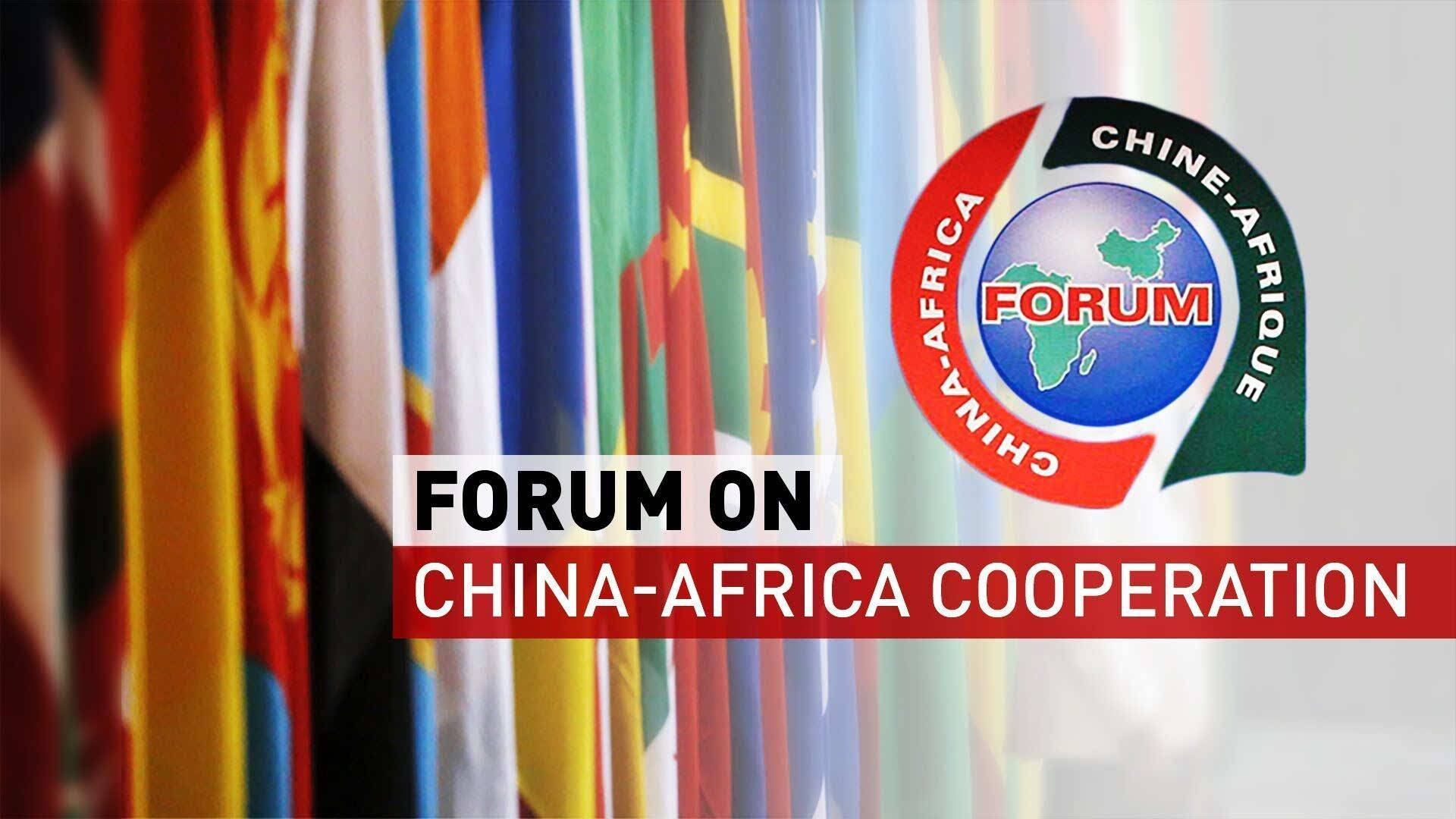
It is a good time for China and Africa to discuss their common future since the 2018 Beijing Summit of the Forum on China-Africa Cooperation will unlock a great potential of new industrialization in facing a critical moment of transformation. What does the FOCAC mean to China-Africa industrial cooperation?
Dialogue at CGTN travels all the way to South Africa to seek the answers.
The program is a feast of ideas and wisdom, with Kenneth Ozoemena, the professor of Materials for Energy and Electrochemistry at Wits University, Paul Zilungisele Tembe, the associate professor at the Institute of African Studies, Zhejiang Normal University, Chris Wang, a former member of Parliament of South Africa and Che Smith, the senior international manager of WESGRO at the Dialogue Special in collaboration with the South African Broadcasting Corporation, SABC in Cape Town, South Africa, present at the program.
01:04
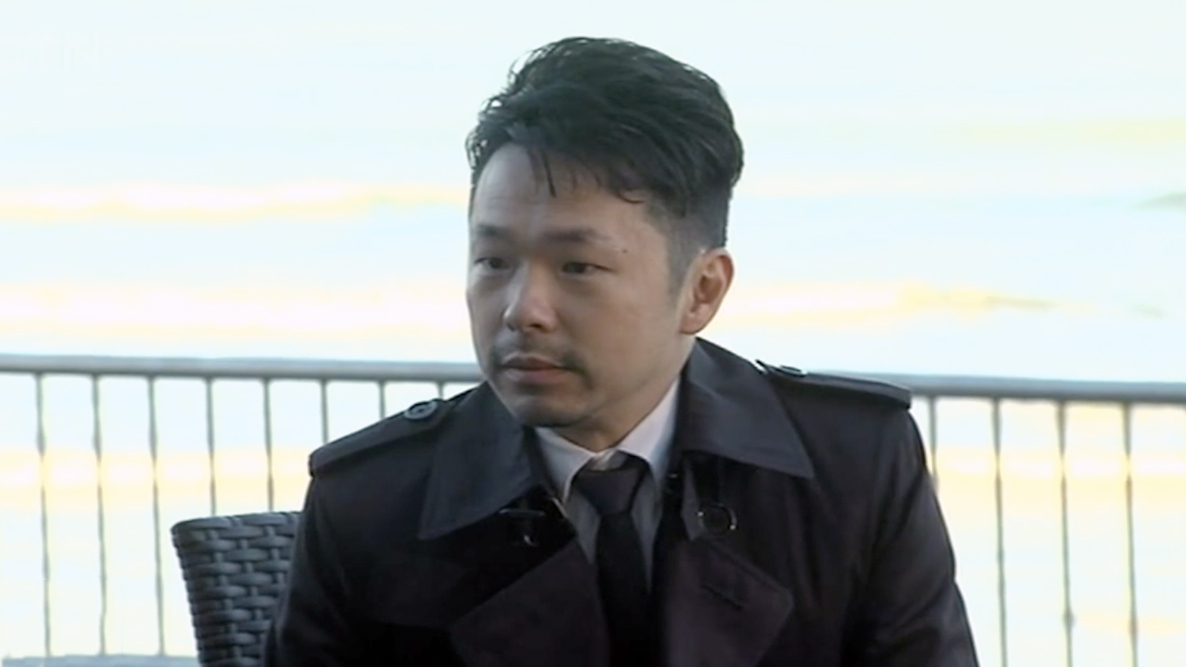
"FOCAC is not only a platform. China is a growing presence in Africa and the global. The FOCAC is a commitment from China in globalization and the human race as a community, which is totally different from what the US is doing now such as global trade wars and unilateralism. That is what African doesn't want. The FOCAC is more like a unified approach to raise the interest for the general public," said Wang.
00:47
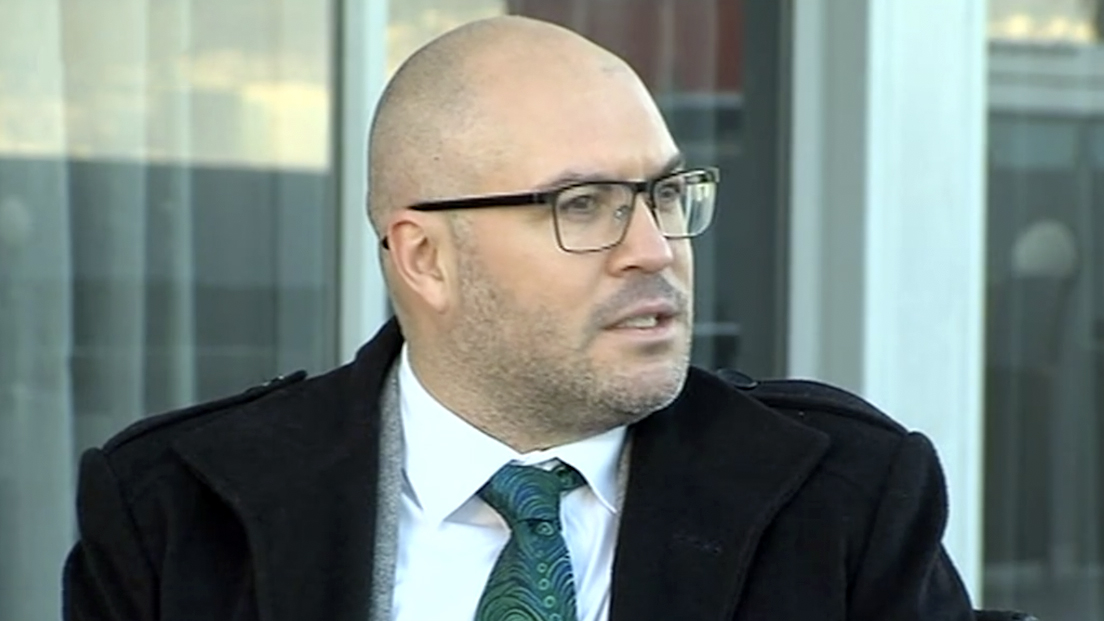
Wang added that if one look at China's history with Africa go back to the Ming Dynasty (1368-1644). In the last hundred years, China's interest in Africa is more in trade, which is more mutually beneficial. Unlike its western counterpart, China's presence is nothing related to colonialism. With a common goal, the FOCAC is enhancing cooperation of industrialization and digital technological innovation between China and Africa.
Regarding the alleged "China Threat" and neo-colonialism, Smith said that China is certainly a friend to Africa. China is really seeking a win-win solution. It is critical to figure out what does China mean by win-win solution and what do Africa understand about that. "I don't think that threat is what China offers to Africa. Africa has seen collaboration and mutual benefit," said Smith.
01:17
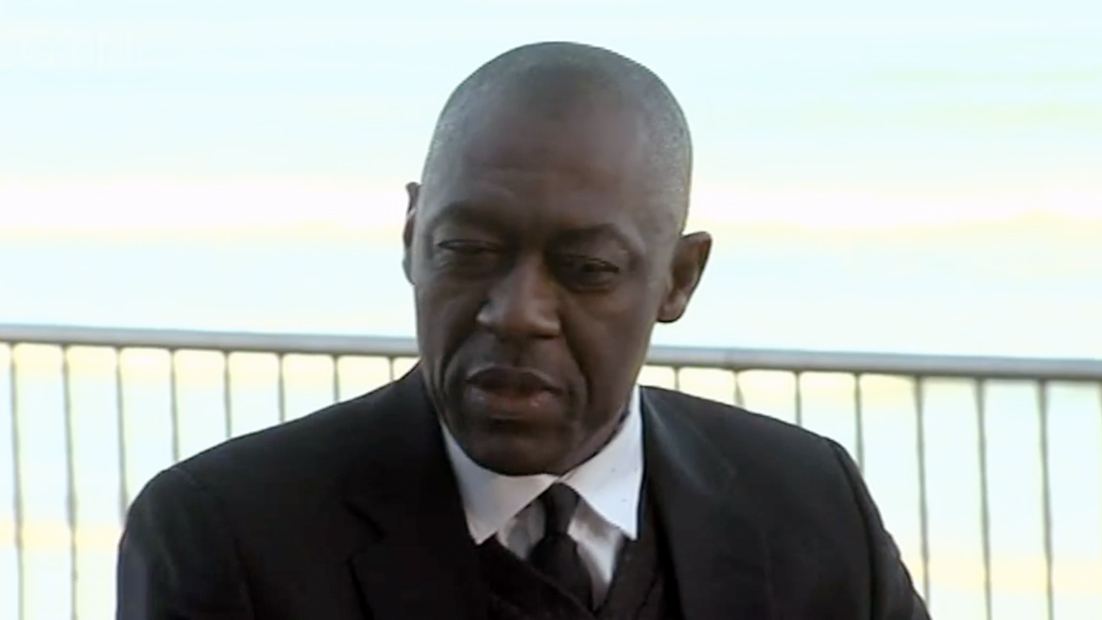
"When we talk about the fourth industrial revolution and how to leapfrog, if we don't have the infrastructure, none of that would happen. In Nigeria for example, they have the Lekki industrial zone; it is a piolet experiment. But without access of roads and electricity, how can we boost the industrialization," said Professor Ozoemena.
Smith points out the importance to balance industrialization and the industrial revolution 4.0. It is about how to leapfrog that. "On one hand, we need industrialized. The FOCAC has found a way of pushing industrialization. They support us to get industrialized. The main reasons are we need to create jobs and grow economy," said Smith.
"Africa economy is growing. So I don't think China is investing in Africa by thinking I am just put money into a pod. They really see the development. But we also are looking at technological evolution. Taking Jack Ma's recent visit to Africa as an example. He said that he should come to Africa and knows what is going on here in Africa. It is about how to manage the mutual understanding. The ideas of threat and Trojan horse are misinformation. The opportunity China and Africa engaged is critical," added Smith.
01:52
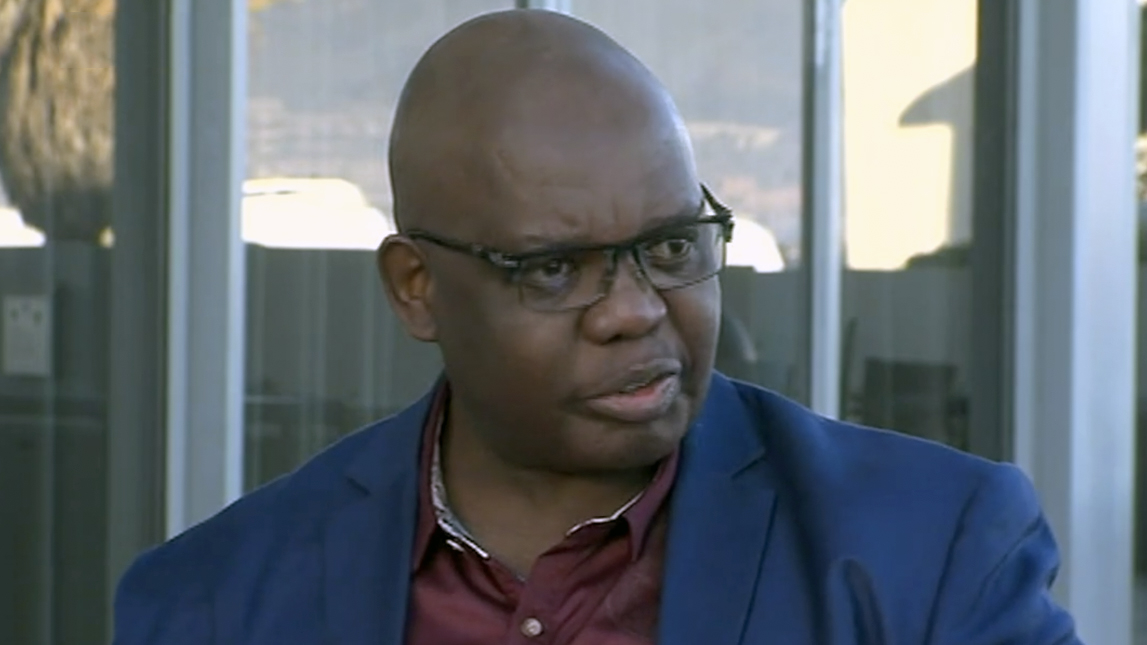
"We should separate business with politics," said Dr. Tembe. Beyond the romance of China-Africa friendship, now it is the time for China and Africa enhance business ties according to him.
"First, Africa must have intra-trade. We cannot expect to rely on China to develop Africa. Africa must open its borders and upgrade intra-trade. Second, when we embark on the fourth industrial revolution, we should understand that many African countries are in different situations.
"That is why China has chosen some countries as piolet destinations for Chinese investment. Not because of China in favor of these countries, it is because China has aware of specific conditions. Where is feasible to do business, and we should focus on that," emphasized Dr. Tembe.
"The main issue is to speed up industrialization and FOCAC and create strong pillars that will sustain Africa-China relations, not bilateral relations but for a greater part of humanity. That is what China stands for," added Tembe.

SITEMAP
Copyright © 2018 CGTN. Beijing ICP prepared NO.16065310-3
Copyright © 2018 CGTN. Beijing ICP prepared NO.16065310-3